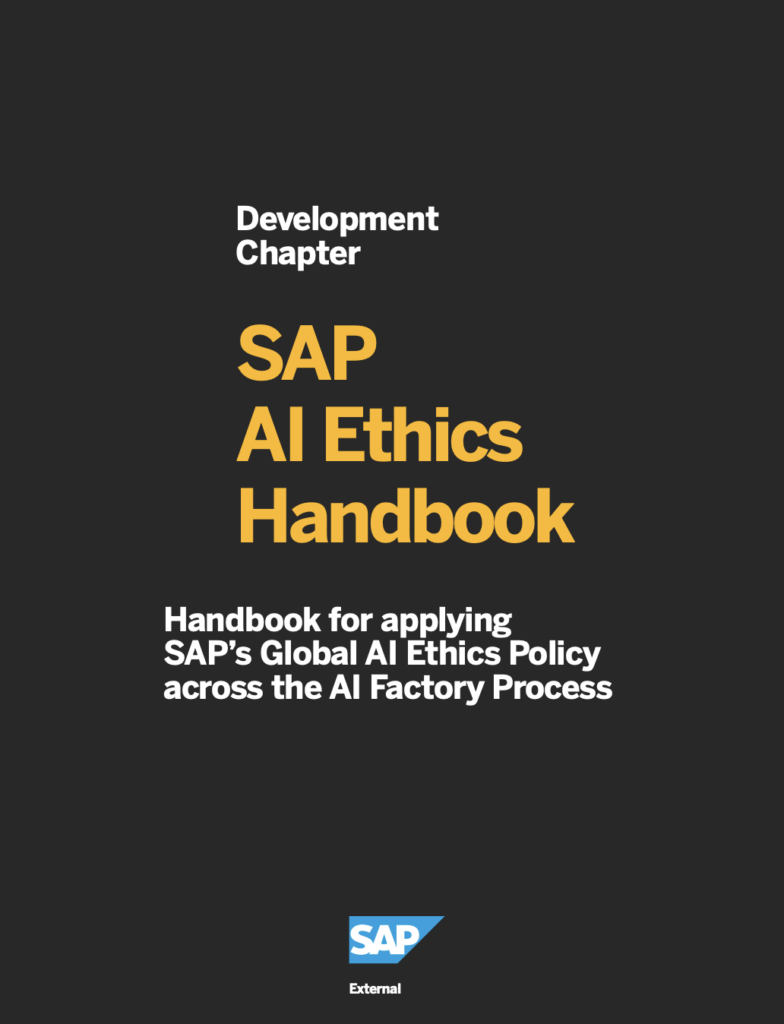AI has exploded into public prominence in the past 12 months with new tools and applications that showcase capabilities which might have once seemed more at home in works of science fiction.
Powerful and easy-to-use applications are being created faster than ever before thanks to new AI-enabled methods for streamlining and automating software development.
Developers around the world are already harnessing AI to empower people with information and insights and to help them tackle challenging problems. Eliminating the potential for negative outcomes is critical both for building trust in AI and for minimising the potential for harm. In fact, the massive impact that AI is having on software developments means that every software developer must become an AI developer.
But with great power also comes great responsibility, as despite AI’s many beneficial uses it has the potential to deliver negative consequences. These can arise when AI is trained using improperly sourced data, when privacy checks are ignored, or when biased training data creates outcomes that are detrimental to certain people.
At SAP, we take our responsibilities as software creators very seriously. Many of the world’s best companies and government agencies rely on our software to run their operations. As a global pioneer in the development of AI, we have invested significant time and effort to create governance and processes to ensure the relevant, reliable, and responsible use of AI.
A commitment to human intelligence
Our commitment to responsible AI is built on the work or our AI Ethics Steering Committee and AI Ethics Advisory Panel, which bring executives from SAP together with noted academics, policy experts, and industry leaders. These groups provide the critical human oversight that is essential for the development of responsible AI.
Core to our work is a set of seven guiding principles for AI. These are:
- Being driven by our values
- Designing for people
- Enabling business beyond bias
- Strive for transparency and integrity
- Uphold quality and safety standards
- Place data protection and privacy at our core
- Engage with the wider societal challenges of AI
Read the SAP AI Ethics Handbook for more information here.
These principles are brought to life for developers through a 36-page risk assessment guidebook which enables them first to classify whether their project is low, medium, or high risk. It does this by helping them consider factors such as whether their AI project will use technologies such as facial recognition, or be trained using personal data, or could lead outcomes that might be detrimental to specific groups.
If a project is deemed to be medium or high-risk, the project must go through further assessment stages, and additional precautions are taken. These might include making sure that personal data has been anonymised and that the project complies with relevant regulatory regimes.
This guidebook also asks developers to consider where human oversight will play a role in their projects, so that humans and AI work together and each project undergoes rigorous review. All of these considerations and review stages are built directly into the development process.
We also bring our principles to life through dedicated training programs that educate both our own developers and broader teams across the business on the concepts of responsible AI. This training includes modules on topics such as the foundations of trustworthy AI, how to understand the points of conflict that can arise when developing trustworthy AI, and the actionable steps that people can take to align their outputs to our values.

Embedded principles
The success of our program can be seen within our application suite, which already incorporates many aspects of responsible AI in ways that are helping customers achieve better outcomes, faster.
For example, SAP human capital management application suite includes an AI-based tool to help hiring manager rapidly create job descriptions. This tool adheres to our principles by making sure that a human being is integral to the review process and ensuring that the privacy of personal data is maintained.
We also build safeguards into our AI-focused tools and services to protect against accidental misuse. For example, SAP Datasphere, which provides a comprehensive data service built on the SAP Business Technology Platform (SAP BTP), is an important tool for storing data used in AI systems. We’ve built in safeguards which limit how specific data types can be used, and by whom.
We have also created processes within SAP AI training tools that help customers to understand when an AI model is drifting from its intended outcomes, which reduces the subsequent likelihood of erroneous results (often referred to as hallucinations).
A legacy of responsibility
Human society is only at the earliest stage of our AI journey, and we believe it is up to all of us to make that journey one that benefits everyone. This is only possible when the people who are creating AI-based systems understand the importance of human factors such as ethics, training, and oversight.
At SAP, we are working hard to promote concepts of responsible AI across our entire partner network and broader community and spread the message that this is a responsibility for everyone – not just developers. Therefor we want to encourage all our community to partner with us in our goal of creating AI that is reliable, relevant, and responsible.




